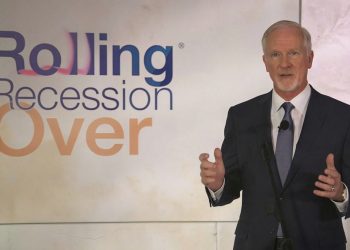US finalized a trade deal with Japan, reducing tariffs on Japanese autos from 27.5% to 15% and securing a $550 billion investment commitment from Tokyo, reshaping economic ties amid Japan’s political uncertainty.
The deal, signed via executive order, lowers tariffs on Japanese cars to 15%, effective seven days after signing, with retroactive relief from August 7. Commercial airplanes and parts are exempt from additional levies, providing clarity for automakers like Toyota, which produces 80% of its US-sold vehicles locally.
Japan committed $550 billion to US projects through equity, loans, and state-backed guarantees. Tokyo also pledged to increase purchases of US rice, agricultural goods, Boeing aircraft, and defense equipment, strengthening bilateral economic ties.
Japanese automaker shares rose slightly post-deal, reflecting relief for an export-heavy economy. Toyota emphasized its US production mitigates tariff impacts. South Korean automakers, awaiting similar deals, saw share declines, highlighting competitive pressures.
The agreement comes as Prime Minister Shigeru Ishiba faces internal party challenges, with analysts noting the trade deal may bolster his position but not fully counter growing opposition. The deal’s success is critical for Japan’s economic stability.
The tariff cuts and investment pledge signal stronger US-Japan economic ties, but Japan’s political volatility and global trade uncertainties, including potential US tariff impacts, pose risks. The deal’s implementation and Ishiba’s leadership will shape its long-term impact.







